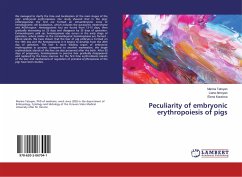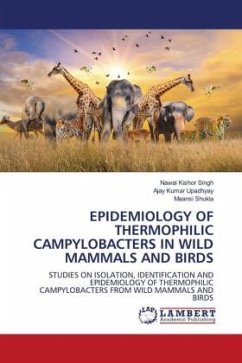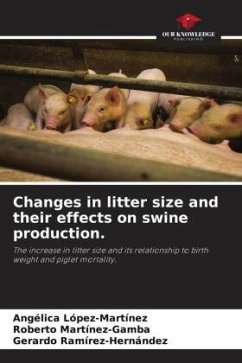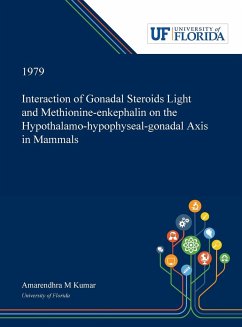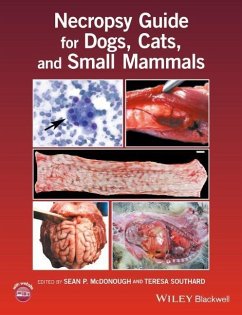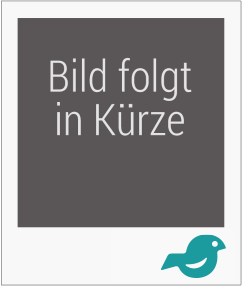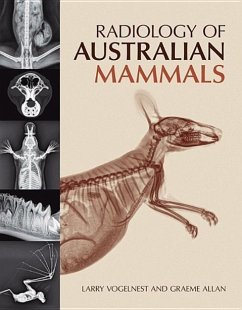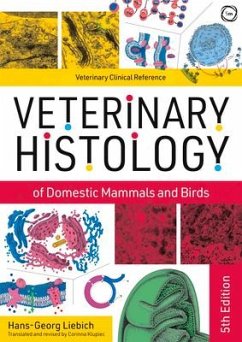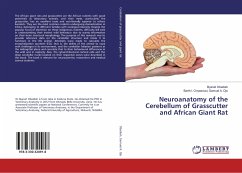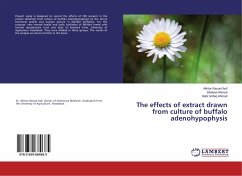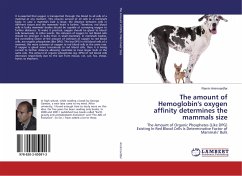
The amount of Hemoglobin's oxygen affinity determines the mammals size
The Amount of Organic Phosphates (Like DPG) Existing In Red Blood Cells Is Determinative Factor of Mammals' Bulk
Versandkostenfrei!
Versandfertig in 6-10 Tagen
33,99 €
inkl. MwSt.

PAYBACK Punkte
17 °P sammeln!
It is essential that oxygen is transported through the blood to all cells of a mammal at any moment. This ensures survival of all cells in a mammal's body. In case a mammal's bulk is large, the distance between cells in different tissues and the mammals' heart is farther. Therefore, red blood cells in bulky mammals' bodies should be capable of conveying oxygen to farther distances. To make it practical, oxygen should be glued to blood cells tenaciously. In other words, the cohesion of oxygen to red blood cells should be stronger in bulky than in small mammals. In mammals' bodies, the controlli...
It is essential that oxygen is transported through the blood to all cells of a mammal at any moment. This ensures survival of all cells in a mammal's body. In case a mammal's bulk is large, the distance between cells in different tissues and the mammals' heart is farther. Therefore, red blood cells in bulky mammals' bodies should be capable of conveying oxygen to farther distances. To make it practical, oxygen should be glued to blood cells tenaciously. In other words, the cohesion of oxygen to red blood cells should be stronger in bulky than in small mammals. In mammals' bodies, the controlling factor of the amount of cohesion of oxygen to red blood cells, are organic phosphates (like DPG). The less DPG in red blood cells of a mammal, the more cohesion of oxygen to red blood cells at the same rate. If oxygen is glued more tenaciously to red blood cells, then it is being carried to farther distance allowing mammals to have larger bulk at the same rate. The amount of organic phosphates (eg. DPG) of red blood cells decreases respectively due to the size from mouse, rat, cat, fox, sheep, horse, to elephant.



